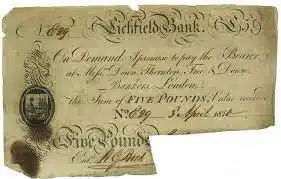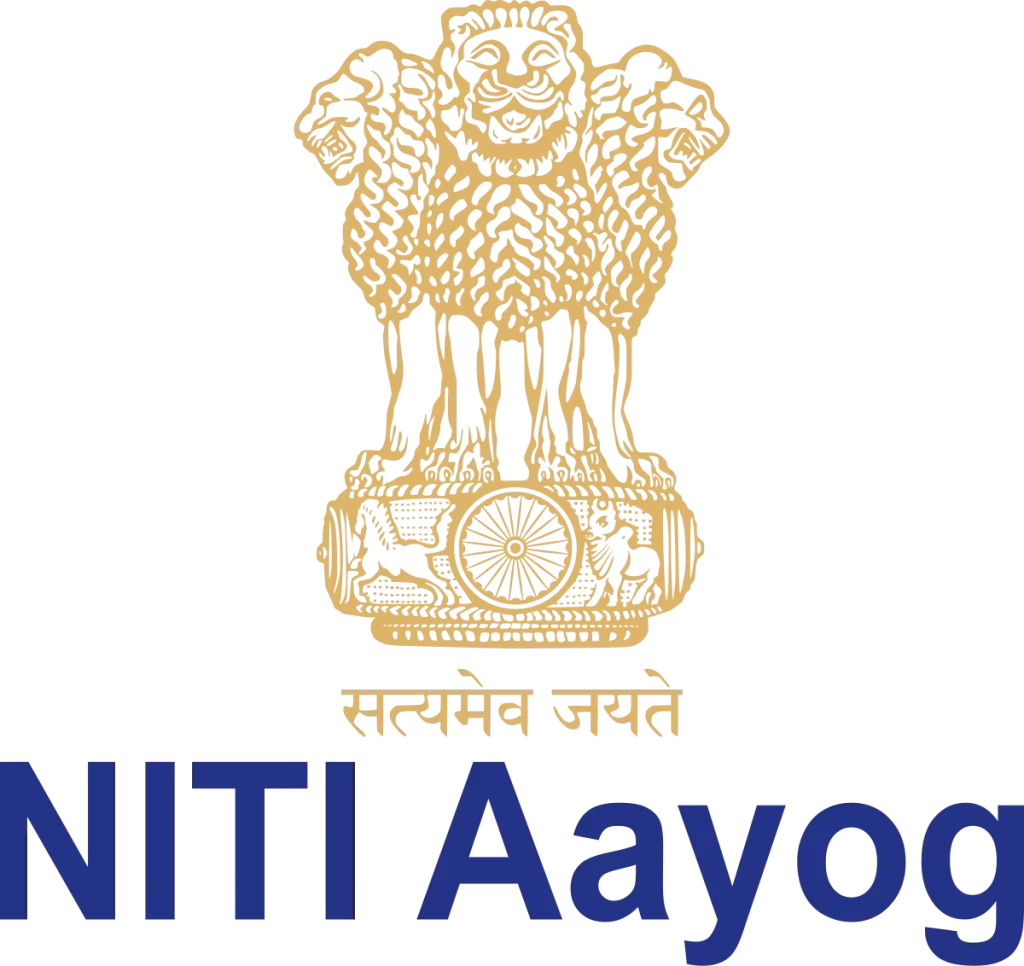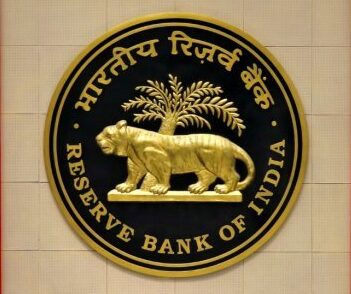The bill of exchange and promissory note are negotiable instruments used for carrying out various economic activities. However, they vary from each other in many ways.
Bill of Exchange
A bill of exchange is an instrument in writing containing an unconditional order, signed by the maker, directing a certain person to pay a certain sum of money only to or to the order of a certain person, or to the bearer of the instrument.
Example
To clarify the meaning let us take an example. Suppose Mohan has given a loan of Rs. 10,000 to Madan, which Madan has to return. Now, Mohan also has to give some money to Madhu. In this case, Mohan can make a document directing Madan to make payment up to Rs. 50,000 to Madhu on demand or after expiry of a specified period. This document is called a bill of exchange, which can be transferred to some other person’s name by Madhu.
Promissory Note
A promissory note is a type of negotiable tool which contains a written promise of full payment. These are duly signed and stamped by its drawers, declaring to pay a certain sum of money to the holder at a specific date or on demand.
Example
- Suppose you take a loan of Rs. 20,000 from your friend Shyam. You can make a document stating that you will pay the money to Shyam or the bearer on demand. Or you can mention in the document that you will pay the amount after three months. This document, once signed by you, duly stamped and handed over to Shyam, becomes a negotiable instrument. Now Shyam can personally present it before you for payment or give this document to some other person to collect money on his behalf. He can endorse it in somebody else’s name who in turn can endorse it further till the final payment is made by you to whosoever presents it before you. This type of document is called a Promissory Note.

Difference and Comparison
| BASIS | BILL OF EXCHANGE | PROMISSORY NOTE |
|---|---|---|
| Meaning | A bill of exchange is a written order drafted by the drawer on drawee to pay a specific sum within a mentioned time period without any condition. | A promissory note is a written promise made by the drawer to pay a definite amount to the payee on a specified date. |
| Drawn by | Creditor | Debtor |
Parties Involved | Drawer, drawee and payee | Drawer and payee |
| Liability | Liability of drawer is secondary and conditional | Liability of drawer is primary and absolute |
| Order/promise | Order to pay | Promise to pay |
| Drawn in sets | Yes | No |
| Need for acceptance | Drawee needs to accept the bill of exchange before payment | No acceptance required from the drawee |
| Stamp duty requirement | Yes | No |
| Payable to bearer | Yes | No |
| Defined under | Section 5 of Negotiable Instrument Act, 1881 | Section 4 of Negotiable Instrument Act, 1881 |
| Printed form | Not necessary | Compulsory |
| Protest in case of dishonor | Yes | No |
| Notice of dishonor | Yes | No |
| Can the same person be drawer and payee? | Yes | No |
Also refer:








